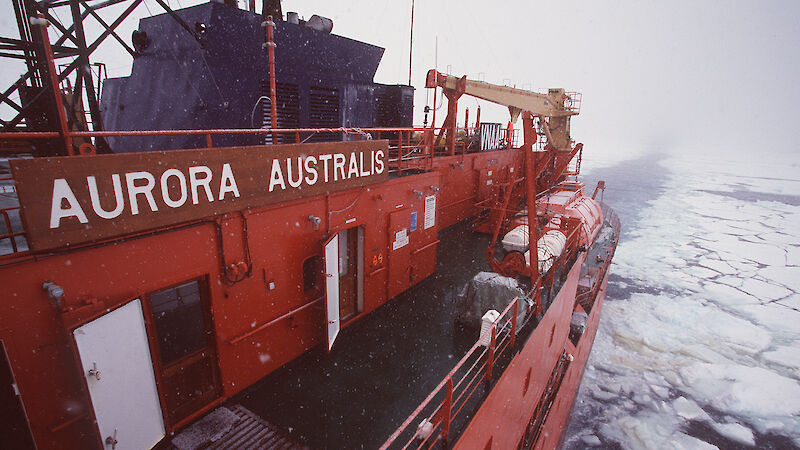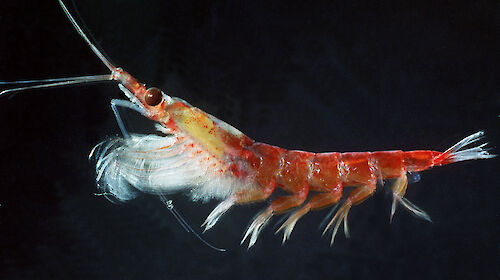Australian Minister for the Environment and Heritage, Senator Ian Campbell, said the 10-week ‘Baseline Research on Oceanography, Krill and the Environment – West’ (BROKE-West) voyage will cover over one million square kilometres of the Southern Ocean.
It will travel adjacent to a rarely visited stretch of the Antarctic coastline, between 30° and 80° east, and in an oceanic region overseen by the Commission for the Conservation of Antarctic Marine Living Resources (CCAMLR).
Senator Campbell said BROKE-West would follow in the footsteps of a 1996 voyage, BROKE, which conducted similar studies in an adjacent CCAMLR sector.
“Together, the two voyages will cover one third of the Antarctic coastline and the majority of the Australian Antarctic Territory,” Senator Campbell said.
Scientists from the Australian Antarctic Division and Antarctic Climate and Ecosystems Cooperative Research Centre will use the data to better understand the relationships between the physical environment and biological processes.
“The data analysis will allow scientists to better predict the effects of climate change and, in the case of krill, to establish accurate and sustainable catch limits,” Senator Campbell said.
“The combined data from the two voyages will be vital for the development of improved climate models of the Southern Ocean and for fisheries management policy.”
The voyage will collect:
- information about the minke whale population in the Southern Ocean
- data on the salinity, depth and temperature of the oceanic flow which can affect movements and populations of a range of marine life
- water samples to determine the growth rate of marine organisms
- surveys of krill populations.
Aurora Australis departs Fremantle at 2pm today and returns to Hobart on 14 March 2006.


